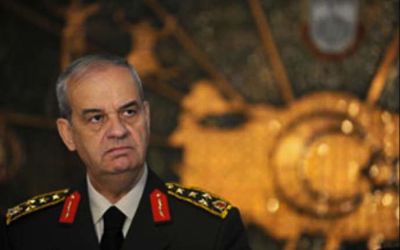
On the initiative of the Justice and Development Party (AKP) of Prime Minister Recep Tayyip Erdogan, on 7 March 2014 the Turkish Parliament abolished the special courts.
Depending on the case, this decision has been presented as an attempt to meet European standards, as a tactic to get rid of judges who became too powerful, or as a pledge to forge an alliance with the army.
Notwithstanding the Parliament’s decision, which could lead to the repeal of convictions pronounced by the special courts - in particular those involving military officers and officials of the Workers’ Party (Maoist IP) embroiled in the Ergenekon case - the Constitutional Court ruled that Gen. İlker Başbuğ’s convinction was unconstitutional because of the delay incurred by the Court which sentenced him in issuing the detailed reasoning.
Out of prison after 26 months of detention, the former Chief of General Staff of the Armed Forces stated that his release was just the first in a long series. In fact, six other defendants have since been released (nationalist lawyer Kemal Kerinçsiz, journalist Tuncay Özkan, retired Kemalist Colonel Levent Göktaş, gang leader Sedat Peker, henchman Alparslan Aslan and No. 2 of the Special Operations Department Ibrahim Şahin).
However, controversy has emerged between the 13th and the 21th High Criminal Courts. According to the first, a former specially authorized court, the sentences were in line with Turkish legislation and the suspects should remain in prison, while the second maintains that it is not up to an abolished court to lay down the law. The controversy is further complicated, in legal terms, by the fact that the Repeal Act is currently the object of inconstitutionality claims.











Stay In Touch
Follow us on social networks
Subscribe to weekly newsletter